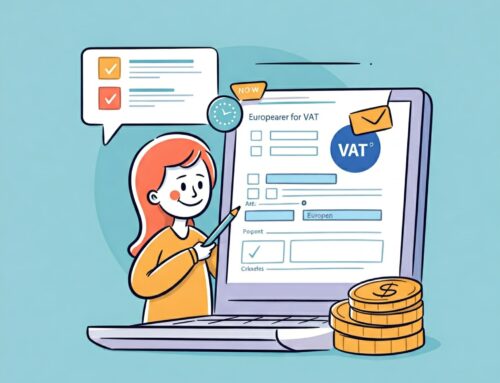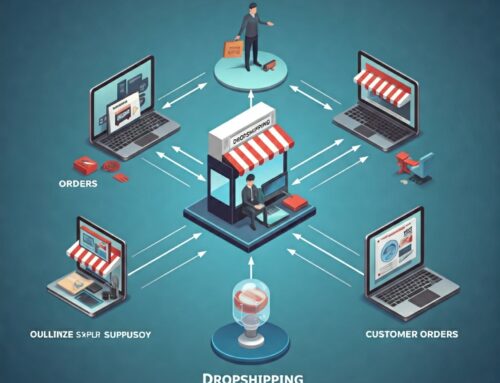This article has been written after the the substantial change in VAT regulation of July 2021.
Ensuring Compliance and Accountability: The 10-Year Retention of VAT Data
The taxable person is required to maintain certain EU VAT records as specified in Council Regulation 282/2011 (Article 63c). These records encompass various details, including the Member State where the supply is consumed, the nature of the supply, the supply date, and the corresponding VAT amount. Additionally, specific information must be documented, such as advance payments made and data utilized to ascertain the customer’s establishment, permanent address, or habitual residence.
What is a “taxable person”?
First of all, we should highlight that, in the context of the non-Union scheme, a taxable person refers to a business entity (such as a company, partnership, or sole proprietorship) that does not have its business operations or a physical establishment within the European Union (EU). Even if the taxable person is identified or obligated to register for VAT purposes in the EU, it does not exclude them from utilizing the non-Union scheme. In the case of the Union scheme, a taxable person is a business entity (such as a company, partnership, or sole proprietorship) that has established its business operations within the EU or maintains a fixed establishment there (a taxable person not established within the EU can also opt for the Union scheme to report specific supplies of goods). Regarding the import scheme, a taxable person encompasses a business entity (such as a company, partnership, or sole proprietorship) that is established either within or outside the EU. However, it’s important to note that a taxable person established outside the EU is required to appoint an intermediary to utilize the import scheme.
If you have doubts on which scheme are you in, visit OSS vs IOSS? Non-Union?- Main registering conditions for each scheme.
What is the prescribed period for retaining these records?
The retention period for these records is 10 years starting from the conclusion of the calendar year in which the transaction occurred. This requirement applies regardless of whether the taxable person has ceased using the scheme or continues to do so.
Which data must be contained in the records?
According to the Council Regulation 282/2011 (Article 63c):
” 1.In order to be regarded as sufficiently detailed within the meaning of Articles 369 and 369k of Directive 2006/112/EC, the records kept by the taxable person shall contain the following information:
(a) the Member State of consumption to which the service is supplied;
(b) the type of service supplied;
(c) the date of the supply of service;
(d) the taxable amount indicating the currency used;
(e) any subsequent increase or reduction of the taxable amount;
(f) the VAT rate applied;
(g) the amount of VAT payable indicating the currency used;
(h) the date and amount of payments received;
(i) any payments on account received before the supply of service;
(j) where an invoice is issued, the information contained on the invoice;
(k) the name of the customer, where known to the taxable person;
(l) the information used to determine the place where the customer is established or has his permanent address or usually resides.”
What is the procedure by which the taxable person or intermediary can make these records accessible to the tax authority?
Upon request, these records must be promptly and electronically accessible to the Member State of identification or any Member State of consumption. To obtain the records held by a taxable person or intermediary, the Member State of consumption must initiate a request with the Member State of identification. Practical instructions on how to fulfill this request will be provided by the Member State of identification. It is important to note that failure to make these records available within one month after receiving a reminder from the Member State of identification will be considered a persistent violation of the scheme’s rules, leading to exclusion from the scheme. For more information on VAT rules visit our post on VAT in Europe: Regulations and requirements.
For an in-depth vision of Accounting for Businesses in the European Union, have a look at our Guide to Accounting for Businesses in EU, where you will find all the necessary procedures and rules related to this subject. For more information on accounting and taxes, ask our Free Online Tax Consultant for online selling in EU.





